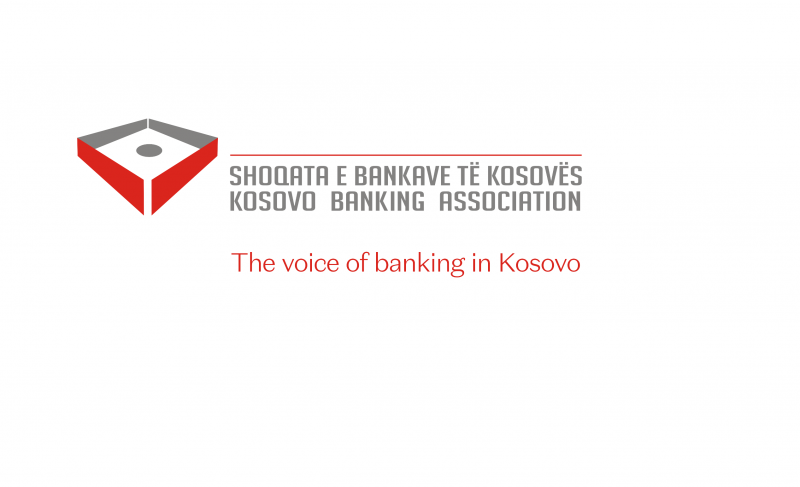
Kosovo's commercial banks are making available all their capacities to increase private sector financing and households
Kosovo's commercial banks are making available all their capacities to increase private sector financing and households in order for Kosovo to achieve greater economic growth and promote employment in the country.
During 2018, the banking sector in Kosovo approved 1,367.1 million loans, of which 816.4 million were for the private sector, while 550.7 million were for households. Domestic banks out of total loans issued, 59.7% of this amount was given to businesses, making the capital available to expand the capacity of these businesses and stimulate employment. Businesses are credited according to the market demand that comes from the economic structure of the country. This is also reflected in lending to various sectors where the trade sector is more lending than other sectors with a share of 48.8% of total loans to the private sector. It is worth mentioning that the construction sector also has a higher share in this respect with a share of 9.0%. On the other hand, important sectors for the economic development of the country such as the agriculture and manufacturing sector have marked a significant increase in total value, respectively 67.6 mln for agriculture and 218.1 mln. for the manufacturing sector, but their share in total loans remains relatively low and unchanged over the years. In this regard, banks remain willing to finance these sectors as well, but there is a need for substantial reforms in these sectors, with the support of state institutions and international development organizations, to make these sectors more competitive and to increase the demand for credit.
The banking sector in Kosovo remains one of the most transparent sectors where all financial statements, pricing for services, and other details are published on a regular basis in accordance with applicable legal requirements and regulations. Also, the impact of the banking sector on business financing and household demand is quite substantial making the country's economy maintain a good growth rate despite the many challenges it has faced and continues to have. The average interest rates on loans at the end of 2018 marked 5.99% while the share of nonperforming loans remains low at only 2.7%. This is a substantial improvement in interest rates given that the banking sector still faces a number of obstacles in this market.Some of the major obstacles that remain a challenge for the further development of this sector are the efficiency of the judiciary in dealing with contract enforcement cases, the physical security of staff and banking property, high informality in the economy, high use of cash in low value transactions, and often inadequate and disproportionate legislation on Kosovo's financial sector parameters. In this regard, even in 2019, the banking sector aims to increase access to finance and increase the quality of services provided to businesses and households in the country.
